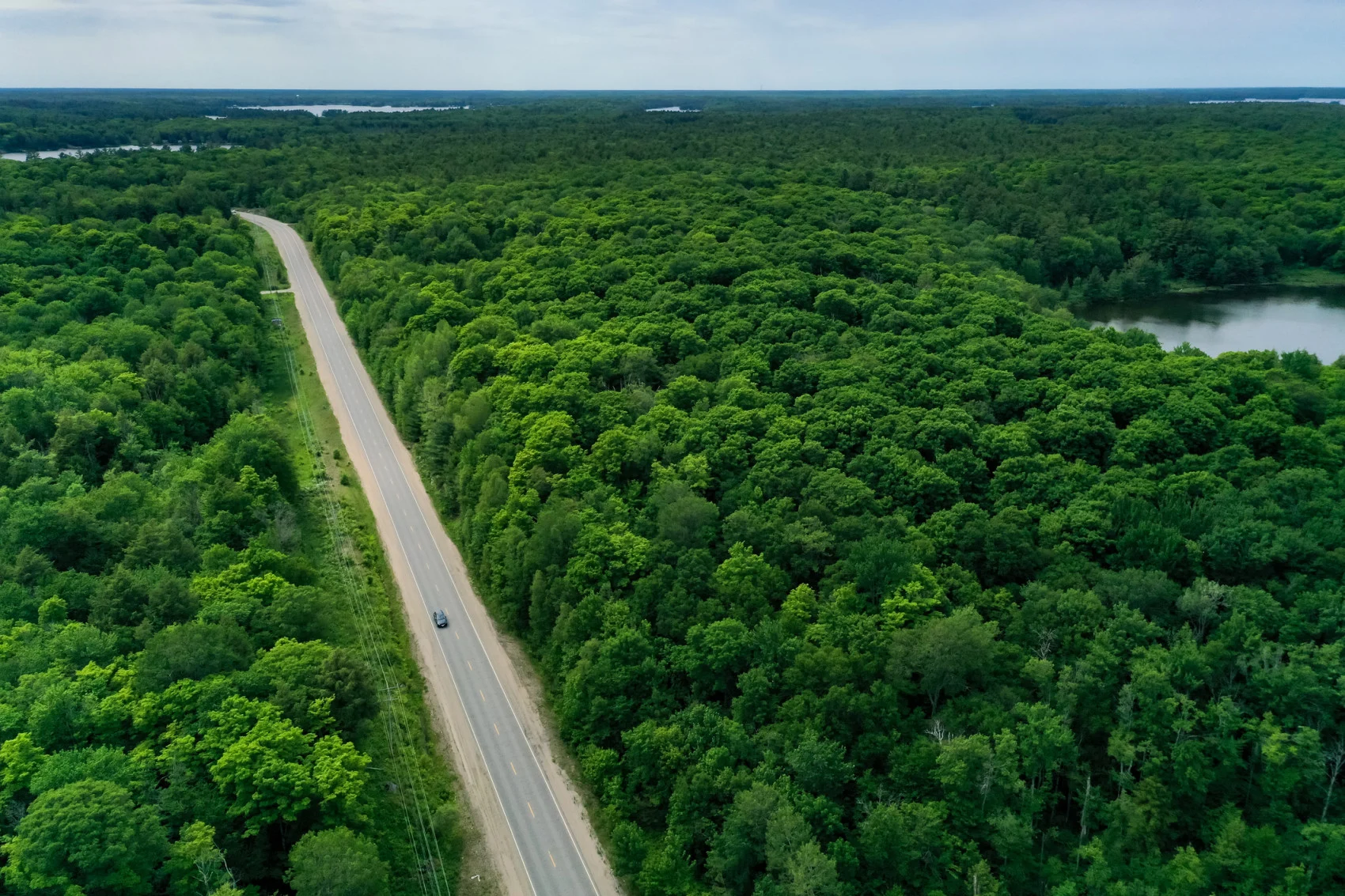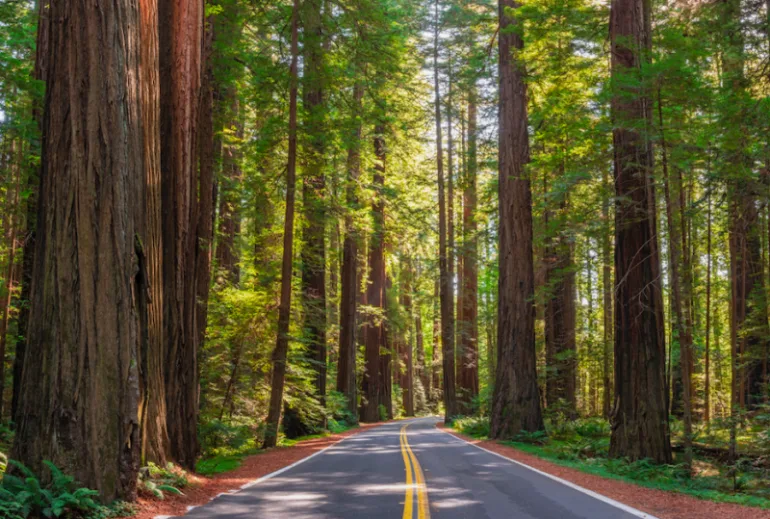
Over 100 countries agree to end and reverse deforestation by 2030 at COP26
Delivering effective policies that are carefully monitored will be essential for the success of the Glasgow Declaration, experts say.
Over 100 leaders have agreed to a landmark pledge to halt and reverse global deforestation by 2030 at COP26.
The pledge, Glasgow Leaders Declaration on Forest and Land Use, will be funded by nearly £14 billion that will support restoring degraded land, managing wildfires, and protecting the rights of Indigenous communities. Over 30 financial institutions have also committed to eliminating their investments in activities that are linked to deforestation.
Canada, Brazil, Russia, Columbia, Indonesia, and the Democratic Republic of Congo, contain 85 per cent of the world’s forests and have committed their support to this initiative.
“Tackling deforestation is an essential component of keeping global warming below 1.5°C. It is good news to have a political commitment to end deforestation from so many countries, and significant funding to move forward on that journey. That Indigenous Peoples are finally being acknowledged as key protectors of forests is particularly welcome, alongside additional funding for rainforest nations and obligations on consumer countries and companies to clean up their supply chains,” said Professor Simon Lewis, Professor of Global Change Science, University College London.
“However, the real challenge is not in making the announcements, but in delivering synergistic and interlocking policies and actions that really do drive down deforestation globally. Careful monitoring of the delivery of each initiative is essential for success.”

Old growth trees in Redwood State Park, California, United States. (Tom Penpark/ Moment/ Getty Images)
Despite centuries of forest harvesting, there are still old growth forests that can be found in Canada. According to the Government of British Columbia, around 23 per cent of the forested areas in B.C. are old growth forests and 10 million hectares are currently protected or are not viable for harvesting.
According to the Climate Action Tracker, Canada’s current policies are only in line with a climate scenario where temperatures rise 4°C above pre-industrial levels, which is far from the recommended limit of a 1.5°C warming outlined in the Paris Agreement. Protecting forests in Canada has been an action that climate scientists and health experts continuously call for, particularly because of their ability to remove carbon from the atmosphere and improve the health of ecosystems and nearby communities.
Regarding this protection, at a COP26 press conference, Prime Minister Justin Trudeau said, “Canada is home to one of the largest continuous forests in the world and we have a responsibility to protect it. We’ve seen the impact of global temperatures rising, they’re rising twice as fast in Canada as elsewhere in the world. On those forests, we have the responsibility to be stewards of them.”
“What we’re seeing at COP26 could finally be the start of something transformational when it comes to stopping deforestation. If we fail to stop deforestation, we will fail to limit climate change,” said Justin Adams, Executive Director of Tropical Forest Alliance and Co-Director for the World Economic Forum’s Nature-Based Solutions Platform.
“The Glasgow Declaration provides a strong political signal, and the powerful collective force of business and finance which aligns considerable economic muscle with these efforts, can shift our food and land use system in a way that we desperately need – for farmers, for consumers, and for the planet.”
Thumbnail credit: jimfeng/ E+/ Getty Images











